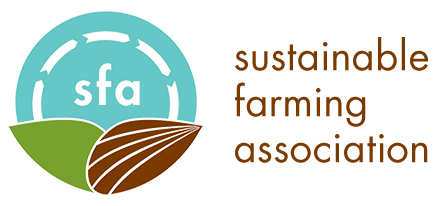Annual Conference

Saturday, February 11, 2023
Gorecki Conference Center
College of Saint Benedict, St. Joseph
Early bird registration is now open!
$50 for current SFA members, $75 for nonmembers. Ends December 31, 2022. Prices go up by $25 on January 1, 2023!
Emerging Farmers: Free
Children's program (ages 5-12): $10
Lunch ticket in St. Ben's excellent cafeteria: $15. (You may also do lunch on your own.)
Register HERE.
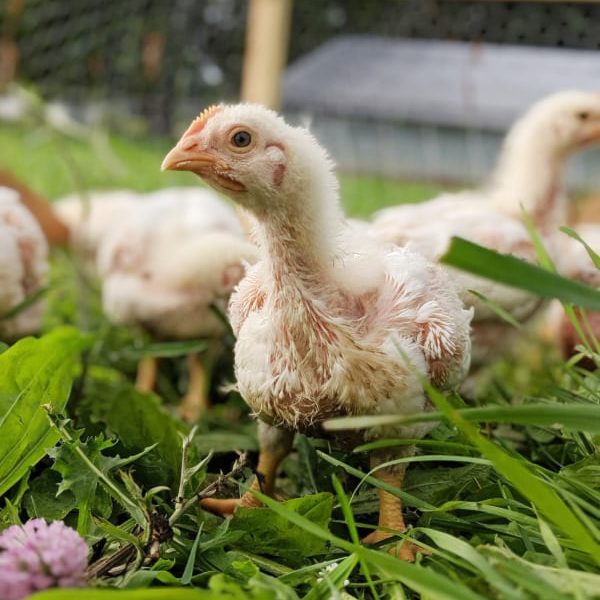
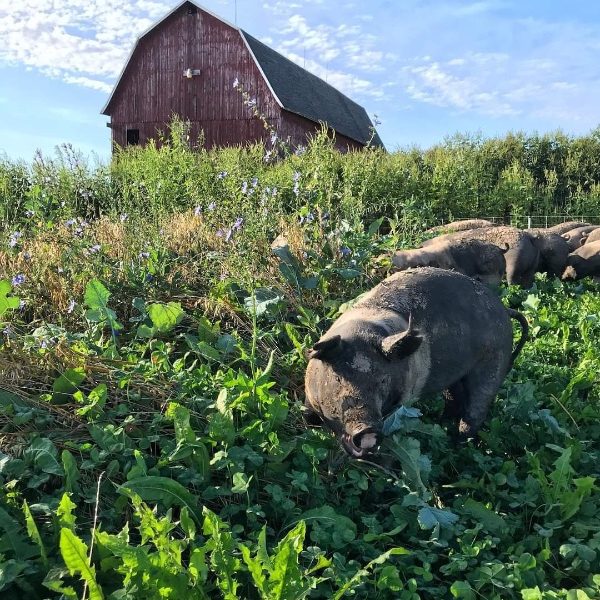
With topics including:
- Fruit & Vegetable Soil Health and Profitability
- Grazing Strategies
- "Burn the Box" Changing Ag Paradigms
- Beekeeping
- Farm Profitability
- Emerging Farmer Resources
- Climate Adaptability
- New Cooperative Marketing Models
- and more!
Full schedule coming soon.
Sponsor and Exhibitor Opportunities
Please consider partnering with us on SFA's flagship event for farmer-to-farmer education and networking.
More information and an application form are HERE.
Our 2023 Sponsors
BLOOM SPONSORS
Afternoon Social Sponsor
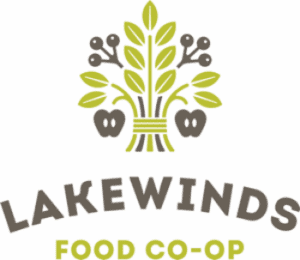
A community owned grocery store with 3 locations in the Twin Cities Metro area, Lakewinds' mission is to promote sustainable agriculture, support local makers. and nourish our community. No membership required to shop, and all are welcome!
Opening Plenary Session Sponsor

SAPLING SPONSORS
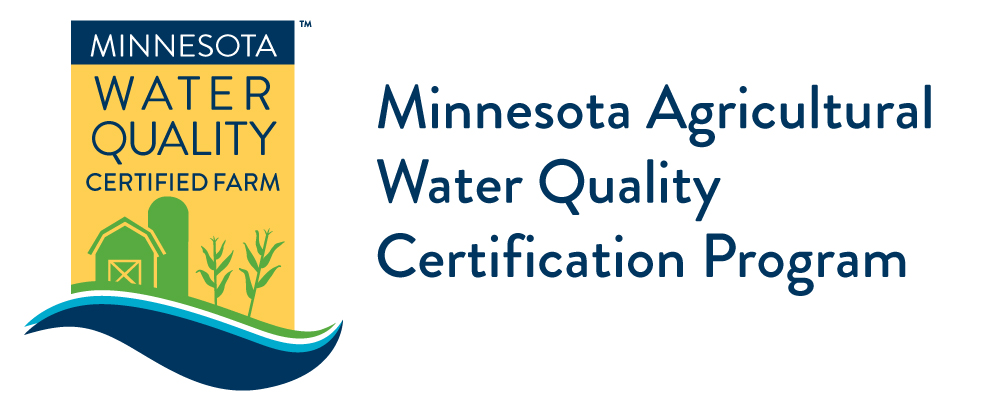
A voluntary opportunity for farmers and ag landowners to take the lead in conservation practices that protect our water while obtaining regulatory certainty for 10 years.
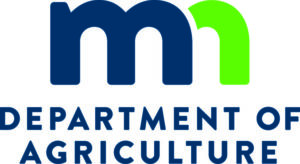
The Minnesota Department of Agriculture mission is to enhance all Minnesotans' quality of life by equitably ensuring the integrity of our food supply, the health of our environment and the strength and resilience of our agricultural community.
SEED SPONSORS
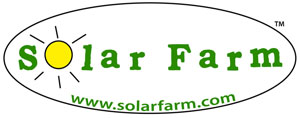
Solar Electric (PV) design, sales and installation.
A look back at our 2022 conference:
Why attend our Annual Conference? Take it from these farmers:
Our Blog
Lorem ipsum dolor sit amet, consectetur adipiscing elit.
Editor’s Note: SFA board of directors member Tiffany Tripp wrote the following in the Faribault Daily News, where she writes an occasional column. We knew little to nothing about raising poultry or pigs when my partner Andy and I started farming three years ago. A fellow farmer suggested that we attend a local meeting for…
Read MoreBy Audrey Arner Founding SFA President Ralph Lentz, 88, of Lake City, Minn., passed away Sun., Oct. 1, at Lake City Care Center. Early in his career he taught high school Earth science in Henderson and in 1965 moved to Lake City and bought a farm outside of town. He was an agricultural teacher as…
Read MoreBy Kent Solberg • SFA Livestock & Grazing Specialist Innovation in cover crops and crop rotations in this video may be a stretch for much of Minnesota, but something along these lines may hold potential in southern part of the state under right conditions and variety selection. It’s worth watching just to get the creative…
Read MoreEditor’s Note: This column appeared July 7, 2017, in the Mankato Free Press under the headline, “My View: Farming can be sustainable and profitable.” Scott Haase works on his family farm in Faribault County, where most farmers grow corn and soybeans using methods they’ve been encouraged to use for decades. It’s become conventional wisdom: government…
Read MoreBy Teresa Opheim • Senior Fellow, Renewing the Countryside If you own farmland and have both farming and non-farming heirs, which of the following goals comes first: 1. treating all your heirs financially equally; or 2. allowing your farming heir to continue farming? Given land prices and other factors, you may not be able to…
Read MoreBy Teresa Opheim • Executive Director, Climate Land Leaders There is no better way to keep rural communities vibrant than to provide land for a family to farm. At the same time, there is a surge of those wanting to farm, in SFA and elsewhere. If you don’t have a farming heir but want to…
Read MoreBy Teresa Opheim • Executive Director, Climate Land Leaders There is no better way to keep rural communities vibrant than to provide land for a family to farm. At the same time, there is a surge of those wanting to farm, in the Sustainable Farming Association and elsewhere. If you don’t have a farming heir…
Read MoreA new guide, “Your Farmland and the Future: Setting Goals, Taking Action” will be available for free at many upcoming SFA events. The guide, full of tips from farmland owners and other experts, is also available to download at this link. Among the tips farmland owners share in the guide: Write a Farm Legacy Letter…
Read MoreOur Blog
Lorem ipsum dolor sit amet, consectetur adipiscing elit.
Drink for a Cause!
On Tuesday, May 21 from 4:00-7:00 p.m., you can support a sustainable future for Minnesota farmers (and eaters like you) just by grabbing a drink or dinner at Wooden Hill Brewing Company in Edina. 10% of all taproom sales will go directly to SFA’s programming! Wooden Hill has an extensive selection of beers, hard seltzers, ‘beertails,’ and several non-alcoholic options.…
Read MorePasture Walk Series to Begin in Otter Tail County
It’s safe to say that spring is here (although, you never know in Minnesota), and we are excited to be kicking off our season of pasture tomorrow! On the fourth Thursday of each month, SFA will host an engaging pasture walk with a specific focus at various Minnesota farms. All of the walks will be free to…
Read MoreGrowing sales while building up a farm and a family
Market more effectively with Charlotte Smith on April 18 By Jonathan Kilpatrick • Farmer Education Director Before working for SFA, I managed a ranch that sold grass fed meats direct-to-consumer. It was around the time I started that position that I came across some of Charlotte Smith’s marketing resources and podcast, “The Profitable Mindset Podcast.”…
Read MoreTwo new Member Benefits are live!
Members of SFA now have access to a Member Directory and Bulletin Board when they log in to their account portal. Here’s how to use them. If you haven’t used your account before, please click here to set up a password. The Member Directory The directory is designed to be another avenue of connection for…
Read MoreLet’s Farm Well Retreat Postponed
The Let’s Farm Well Retreat at the Abbey of the Hills Retreat Center in Marvin, South Dakota, has been postponed. Watch for a new date later this year so you can join us for some relaxation, reflection, and connection! You can also sign up for our Connect e-newsletter to get updates on this event and…
Read MoreShape the future of SFA
By Liz Morris-Otto, SFA Board President SFA has been hard at work for months now, crafting a strategic plan to guide our work for the next few years. To guide that effort, we’d like to know who you are, where you come from, where you are headed – and how we can help you get…
Read MoreMidwest Soil Health Summit benefits farmers across scales; crops
Ford: They pay me, but I’d go anyway. By Jerry Ford • Chapter & Events Coordinator Why have I gone to 9 of the 10 Midwest Soil Health Summits so far? Well, yes, as many of you know, they pay me to. After all, I’m the EVENTS & Chapter Coordinator for SFA, and I manage the logistics…
Read MoreLuhman: What I’m looking forward to at the Midwest Soil Health Summit
By Jared Luhman • Soil Health & Grazing Lead Over the past year I have taken a significant step back from my responsibilities with SFA to focus on farming with my family! However, I have stayed involved to assist Jonathan and the team in the planning of our Midwest Soil Health Summit! This is one of…
Read MoreVolunteer at the Annual Conference
By Jerry Ford • Chapter & Events Coordinator The SFA Annual Conference is Saturday, February 10, 2024 in St. Joseph, and we’re looking for some volunteers. Most needed are people to help with our Conference Kids program. This is the only volunteer position that comes with free registration for the conference, so sign up early. Shifts are 90…
Read More